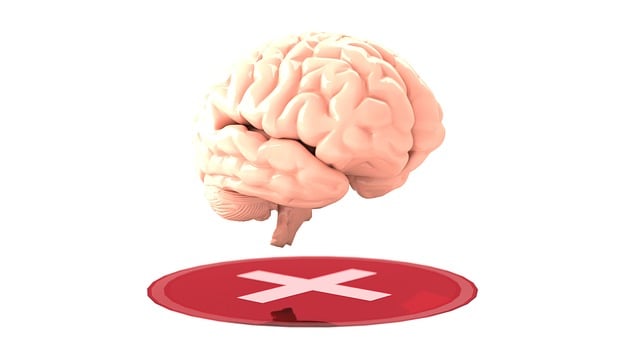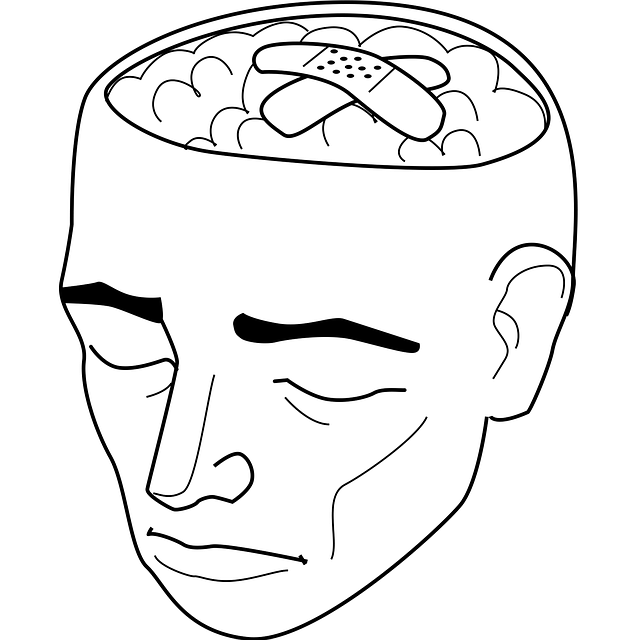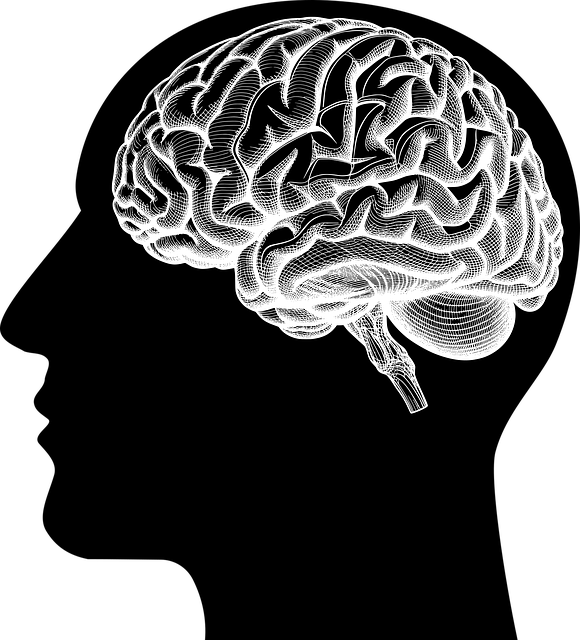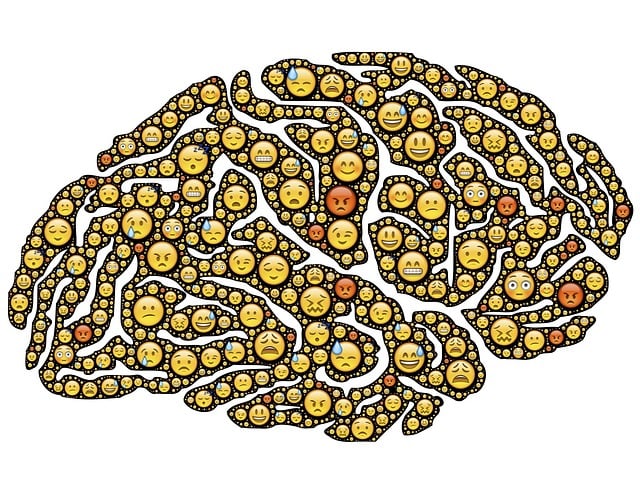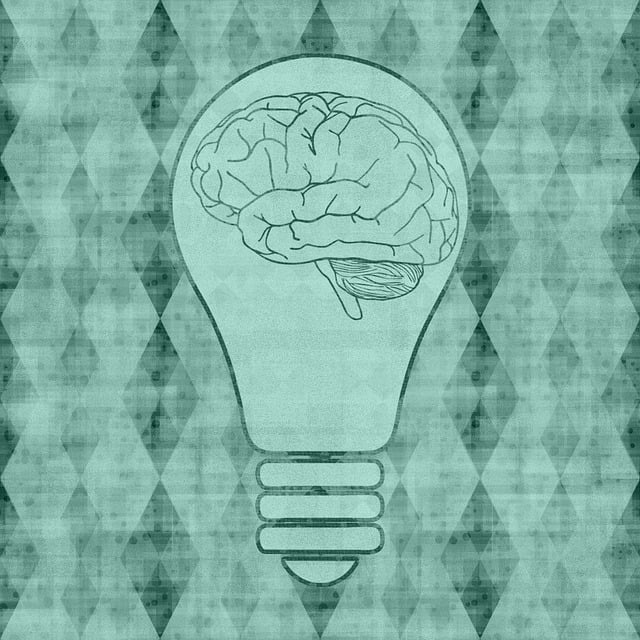In adult pain management, therapy is evolving from a supplementary to a core practice, focusing on holistic well-being through self-care. By addressing emotional and mental resilience alongside physical symptoms, therapy for adults pain management equips individuals with coping mechanisms, enhances quality of life, and reduces reliance on external aid. Tailored self-care practices, powered by introspection and guided by therapists, build resilience, uncover sustainable habits, and integrate self-awareness into daily routines. This comprehensive approach, including techniques like Cognitive Behavioral Therapy (CBT), empowers individuals to proactively manage stress and pain, fostering lasting mental health and overall happiness.
“Enhance your well-being and reclaim control over your life with our comprehensive guide to self-care practices for adult pain management. Understanding the profound impact of self-care on alleviating chronic pain is the first step. This article delves into effective strategies, highlighting the power of therapy as a game-changer in adult pain relief. Discover practical tips for incorporating therapeutic techniques into your daily routine and learn how to sustain these practices for long-term success. Embrace a holistic approach to healing.”
- Understanding the Importance of Self-Care for Adult Pain Management
- Identifying Effective Self-Care Practices
- Incorporating Therapy into Your Routine for Lasting Relief
- Sustaining Self-Care: Tips for Long-Term Success and Wellbeing
Understanding the Importance of Self-Care for Adult Pain Management

In the realm of adult pain management, self-care practices are no longer considered a luxury but an essential component for achieving optimal health and well-being. Understanding the intricate relationship between self-care and pain management is crucial. Therapy for adults with chronic pain often involves not just addressing the physical symptoms but also nurturing the individual’s emotional and mental resilience. Incorporating self-care strategies enables individuals to develop coping mechanisms, enhance their overall quality of life, and reduce reliance on external support.
Resilience building, a key aspect of self-care, equips adults with chronic pain to navigate challenges and maintain a positive outlook. Healthcare provider cultural competency training plays a pivotal role in recognizing the importance of addressing pain from diverse perspectives, ensuring that public awareness campaigns development can cater to a wide range of populations. By integrating self-care into conventional pain management therapies, healthcare professionals foster an environment that promotes personal growth, empowerment, and improved overall health outcomes.
Identifying Effective Self-Care Practices

Identifying effective self-care practices is a journey that often begins with introspection. Adults seeking to enhance their well-being should explore various methods and tailor them to their unique needs. Therapy for adults can be a powerful tool in this process, offering guidance on pain management and promoting emotional healing processes. By engaging in self-awareness exercises, individuals gain insights into their triggers and patterns, enabling them to make informed choices about their care.
Self-care isn’t one-size-fits-all; it involves developing resilience building techniques that resonate with personal experiences. Through practice, one can uncover sustainable habits that contribute to mental, physical, and emotional balance. Incorporating self-awareness exercises into daily routines fosters a deeper connection with oneself, allowing for proactive management of stress and pain, ultimately leading to improved overall health and happiness.
Incorporating Therapy into Your Routine for Lasting Relief

Incorporating therapy into your self-care routine can offer lasting relief from chronic pain and stress. Many adults overlook the power of therapy as a tool for managing mental health alongside physical discomfort, but it’s a game-changer in fostering better well-being. A trained therapist can help you navigate through complex emotions, providing strategies to cope with daily challenges that contribute to pain management. They offer a safe space to explore and process your thoughts, feelings, and behaviors, empowering you to make positive changes in your life.
Therapy for adults goes beyond addressing specific issues; it’s about cultivating mental resilience. Through regular sessions, you can learn mind over matter principles, where you gain the ability to reframe negative thought patterns and cultivate a more optimistic outlook. This shift in perspective is crucial for developing a robust self-care routine that extends far beyond the surface level. It involves identifying your unique needs, setting boundaries, and prioritizing activities that nurture your mental health, ensuring a holistic approach to well-being.
Sustaining Self-Care: Tips for Long-Term Success and Wellbeing

Self-care isn’t a one-time practice; it’s an ongoing journey for long-term success and wellbeing. To sustain healthy habits, individuals must embrace a holistic approach that integrates self-care into their daily routines. This involves finding activities that nurture both mental wellness and physical health, such as regular exercise, mindfulness practices, and adequate sleep.
Incorporating therapy for adults, especially those seeking pain management solutions, can be a game-changer in this journey. Techniques like cognitive behavioral therapy (CBT) help manage mood disorders and prevent burnout. By addressing underlying emotional challenges, these therapeutic methods empower individuals to cultivate resilience and maintain their self-care routines even during stressful periods.
Self-care is not just a trend, but a vital practice for managing adult pain effectively. By understanding the importance of self-care, identifying suitable practices, incorporating therapy into your routine, and adopting tips for long-term sustainability, you can achieve lasting relief and enhance overall well-being. Remember, therapy for adults’ pain management is a powerful tool when combined with proactive self-care habits.

